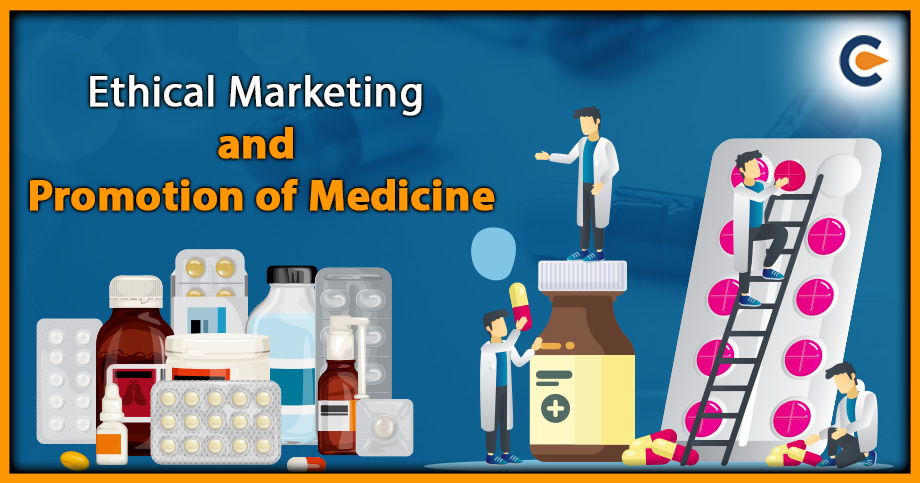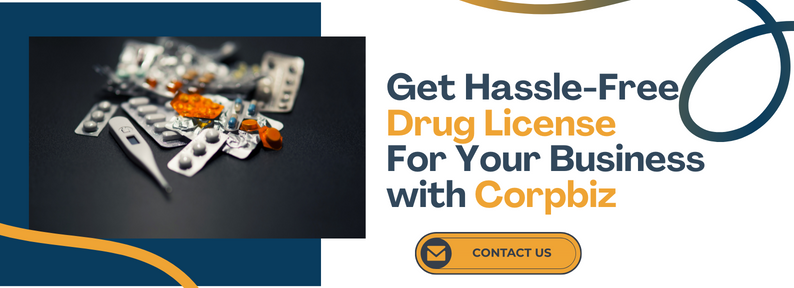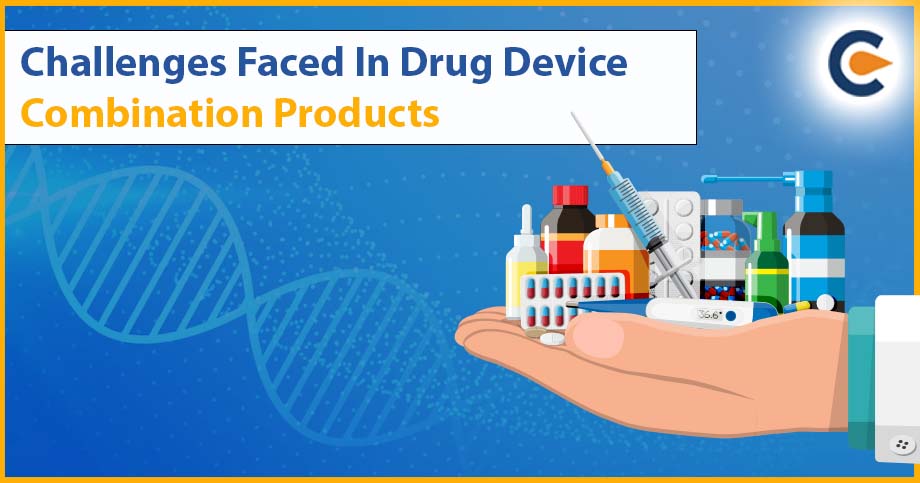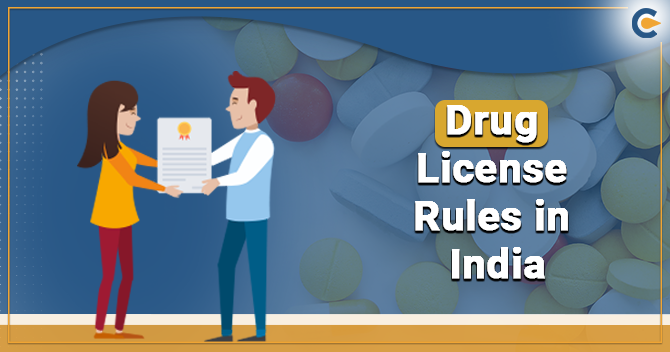Ethical marketing is the practice of promoting and selling products or services in a way that is morally and socially responsible. It involves using marketing techniques that are truthful, transparent, and respectful of consumers’ rights and values. Ethical marketing strives to create value for consumers and society as a whole, while also adhering to ethical principles such as honesty, fairness, and responsibility.
Some examples of ethical marketing practices include:
- Providing accurate and truthful information about products or services.
- Avoiding deceptive advertising or misleading claims.
- Respecting customers’ privacy and personal information.
- Using fair pricing strategies.
- Avoiding the use of tactics that exploit consumers’ fears, insecurities, or vulnerabilities.
- Supporting social and environmental causes.
- Treating customers, employees, and stakeholders with respect and fairness.
- By engaging in ethical marketing practices, companies can build trust and long-term relationships with their customers, enhance their reputation, and contribute to a more sustainable and responsible business culture.
Advantages of Ethical Marketing for the Promotion of Medicine
Ethical marketing in the pharmaceutical industry has several advantages, including:
- Building Trust and Credibility: By practicing ethical marketing, pharmaceutical companies can build trust and credibility among customers, healthcare professionals, and regulators. This can lead to stronger relationships with stakeholders and better brand reputation.
- Compliance with Regulations: Ethical marketing practices ensure compliance with regulations and guidelines set by regulatory bodies such as the FDA. This can help companies avoid legal issues and penalties associated with non-compliance.
- Focus on Patient Needs: Ethical marketing practices focus on meeting the needs of patients rather than pushing sales of pharmaceutical products. This can help companies better understand patient needs and develop products that meet those needs.
- Improved Public Perception: Ethical marketing practices can help improve the public perception of the pharmaceutical industry, which has faced criticism in the past for unethical practices such as off-label marketing and price gouging.
- Long-Term Profitability: Ethical marketing practices can lead to long-term profitability by building strong relationships with customers and stakeholders, reducing legal risks, and improving brand reputation. This can lead to increased sales and customer loyalty over time.
Overall, ethical marketing practices are essential for the pharmaceutical industry to maintain its integrity and build trust with customers, healthcare professionals, and regulators.
How Promotion Of Medicine Is Done In Case Of Pharmaceutical Company?
In ethical marketing, promotion of medicines is done in a way that prioritizes the well-being of patients and upholds ethical standards. Here are some ways that pharmaceutical companies can promote medicines ethically:
- Providing Accurate Information: Pharmaceutical companies should provide accurate and truthful information about their products, including their benefits, risks, and limitations. They should avoid making exaggerated claims or misleading statements.
- Educating Healthcare Professionals: Companies can educate healthcare professionals about their products and how they can be used to benefit patients. This can be done through in-person meetings, conferences, or webinars.
- Supporting Continuing Education: Companies can support continuing education for healthcare professionals by providing resources, such as educational materials or scholarships, to help them stay up-to-date on the latest research and best practices.
Some Guidelines for Ethical Marketing and Promotion of Medicines
- Adhere To Regulatory Requirements: Pharmaceutical companies must comply with all regulatory requirements related to the marketing and promotion of medicines. These requirements may include guidelines on advertising, labeling, and promotional materials.
Below mentioned are some key regulatory requirements that pharmaceutical companies must follow:
- Approval by Regulatory Authorities: All medicines must be approved by regulatory authorities, such as the U.S. Food and Drug Administration (FDA) or the European Medicines Agency (EMA), before they can be marketed. The approval process includes evaluation of the safety and efficacy of the medicine, as well as review of the labeling and promotional materials.
- Labeling Requirements: The labeling of medicines must include accurate information about the medicine’s benefits, risks, and appropriate use. The label must also comply with the regulatory requirements and guidelines set by the regulatory authorities.
- Promotion to Healthcare Professionals: Pharmaceutical companies must provide healthcare professionals with accurate, truthful, and non-misleading information about their products. The promotional materials must be based on the approved labeling of the medicine and must not make false or misleading claims about the product.
- Promotion to Consumers: When promoting medicines to consumers, pharmaceutical companies must ensure that the information provided is balanced and accurate, and does not exaggerate the benefits or understate the risks of the product.
- Adverse Event Reporting: Pharmaceutical companies are required to report any adverse events related to their products to regulatory authorities. They must also provide information about any potential safety concerns or risks associated with their products.
- Compliance with Industry Codes: Pharmaceutical companies are expected to comply with industry codes and guidelines, such as the Pharmaceutical Research and Manufacturers of America (PhRMA)[1] Code on Interactions with Healthcare Professionals, which provides guidance on appropriate interactions between pharmaceutical companies and healthcare professionals.
Overall, pharmaceutical companies must ensure that their marketing and promotional activities are compliant with regulatory requirements, and that they uphold ethical standards to protect the interests of patients and healthcare professionals.
- Promote Evidence-Based Medicine: Marketing and promotion of medicines should be based on sound scientific evidence. Companies should not make false or misleading claims about the efficacy or safety of their products.
- Provide Accurate Information: All information provided in promotional materials should be accurate, balanced, and objective. Companies should avoid exaggerating the benefits of their products or downplaying the risks.
- Avoid Conflicts Of Interest: Companies should avoid any conflicts of interest that may influence their promotion and marketing activities. For example, companies should not offer financial incentives to healthcare professionals to promote their products.
- Respect Patient Privacy: Companies should respect patient privacy and confidentiality in their marketing and promotion activities. They should obtain informed consent from patients before using their personal information for marketing purposes.
- Encourage Responsible Use: Companies should encourage responsible use of their products by providing information on appropriate dosages, indications, contraindications, and potential side effects.
- Monitor And Report Adverse Events: Companies should have systems in place to monitor and report adverse events associated with their products. They should also be transparent about any safety concerns and provide timely updates to healthcare professionals and the public.
By adhering to these guidelines, pharmaceutical companies can ensure that their marketing and promotion activities are carried out in an ethical manner that promotes patient safety and public health.
Conclusion
Pharmaceutical companies are subject to a range of regulatory requirements related to the marketing and promotion of medicines. These requirements are designed to ensure that the promotion of pharmaceutical products is accurate, balanced, and not misleading to consumers, and that it complies with ethical standards and legal regulations.
Also Read:
Ayush Manufacturing License For Herbal Products In India













